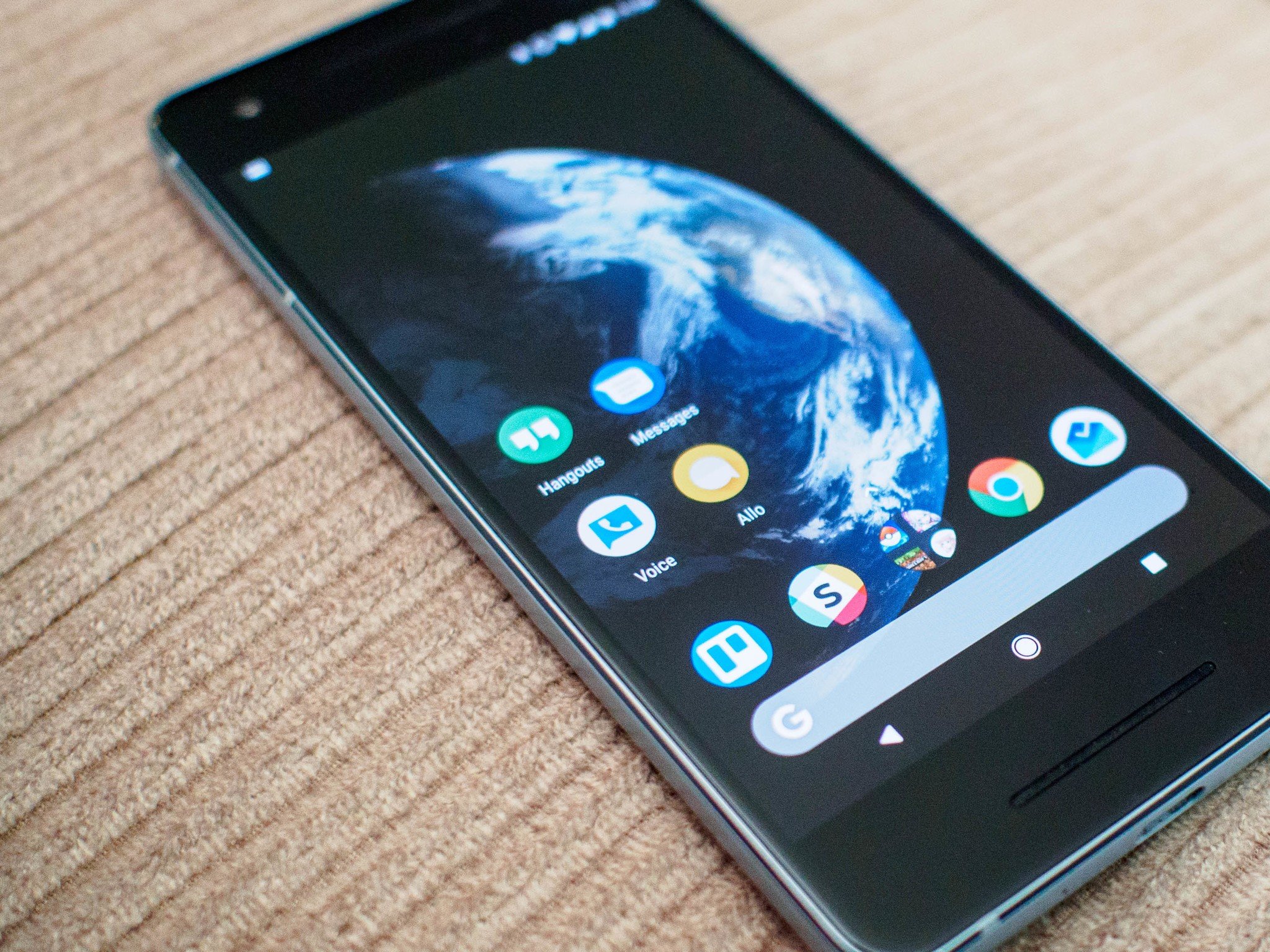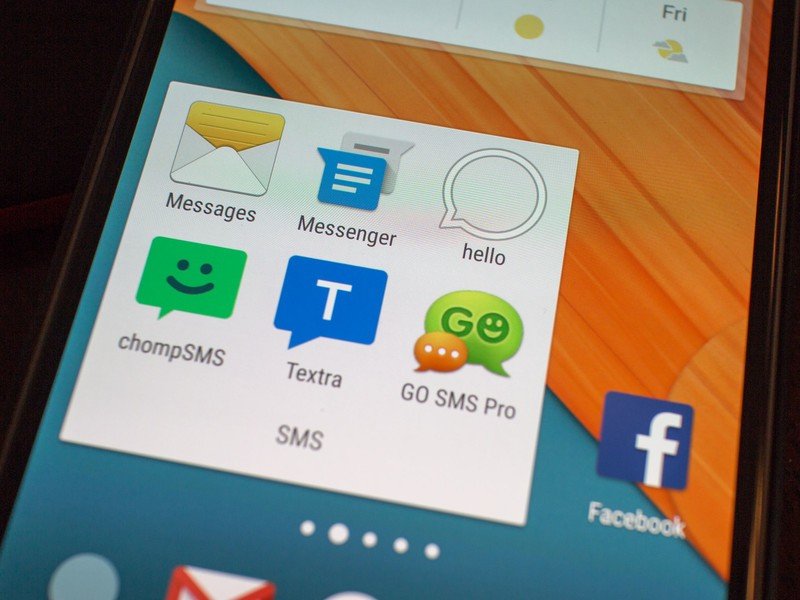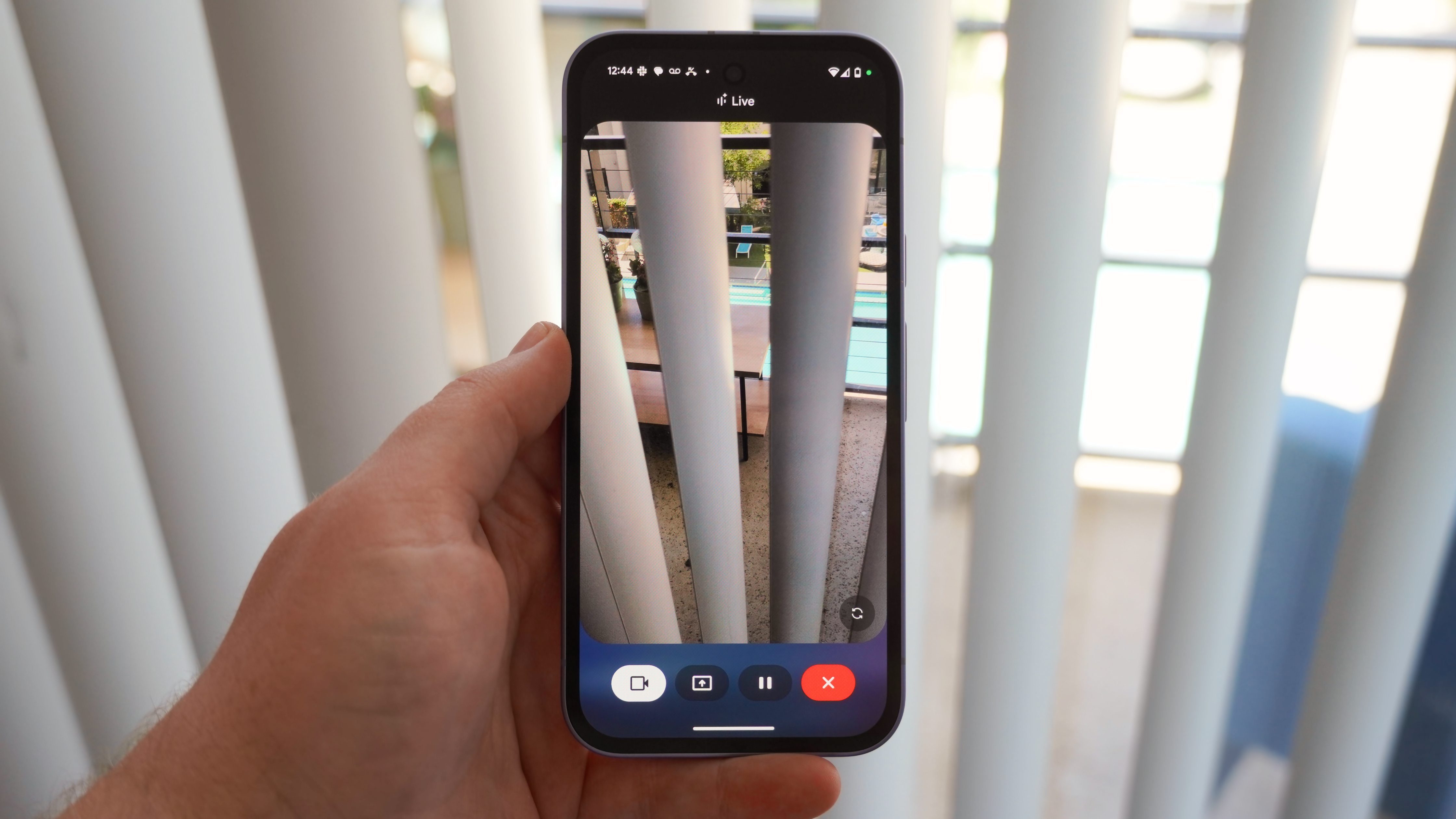Google's RCS 'Chat' plans are actually kind of brilliant

Did you hear? Google is releasing yet another unified messaging app at I/O this year, and is sunsetting the Allo app announced in 2016! How crazy is that?! Does anyone at that company have any clue what they are doing?!?!1!ONE?!!
Lets all take a deep breath for a moment and catch up.
Thanks to some absolutely stellar reporting from The Verge, we know Google is finally ready to admit its messaging strategy has not gotten better over the last couple of years. To attack this problem head on, Google appointed the guy who has been steering the Good Ship Photos into its place of dominance. The plan as it stands right now is to finish something Google started back in 2013, which is kill SMS once and for all. Instead of creating a new app and politely asking people to sign up for it, Google is pumping features into the text messaging app you already have on your phone and asking all of the carriers to support a unified approach to non-SMS messaging.
It's not exciting. It's not flashy, and it has nothing to do with competing against Apple's iMessage platform. And I'm pretty sure that's why it is going to work.
Here's the thing about SMS messaging - it's awful. On a technical level SMS messaging is deeply flawed. It was never actually intended to be a mass consumer messaging tool, and several mobile network engineers I've spoken to over the years have openly mocked it for being held together with the software equivalent of paper clips and bubble gum. It's expensive to maintain, and was never meant to be relied on in the ways it is today. The carriers have wanted a viable replacement to SMS for a long time now, but instead of building public alternatives, Google and Apple created platforms limited to Google or Apple login requirements. Apple has been a great deal more successful that Google with its messaging platform, but the underlying problems have not gone away.

The truth is, nothing about Google's plans for this new Chat experience is even remotely new. Most U.S. carriers have supported Rich Communication Services or RCS for a while now. The carriers offering early support had unique hacky features to make it unique, in an attempt to keep you using that carrier. To fix this, the Universal Profile was created to offer every user on every carrier a baseline set of features that worked no matter what system you used. Until very recently, the only major carrier to flat out refuse RCS support or Universal Profile implementation was Verizon Wireless. As the primary carrier of Google's Pixel phones, it was important for Google to change that. Now we know that change is coming.
Google is supporting a universal, feature-rich platform with no barrier to entry, and it's going to improve everyone's overall experience.
With all of the major carriers supporting RCS with Universal Profile, Google can now add features until the sun collapses and those features will be available to every Android phone. This creates a scenario in which the only major manufacturer actively leaning on SMS for messaging is Apple, which has also not supported RCS with its messaging platform. If the carriers want to eventually stop offering SMS (they do) and Apple is the only major company stopping them (it will be) Google has effectively turned the carriers into lobbying arms for getting Apple to support RCS. Whether Apple actually follows suit instead of digging in its heels to sell more iPhones is another matter entirely.
Be an expert in 5 minutes
Get the latest news from Android Central, your trusted companion in the world of Android
Personally, I'm excited by Chat. Google is supporting a universal, feature-rich platform with no barrier to entry, and it's going to improve everyone's overall experience. It also gives Google considerable leverage in feature implementation, since Android has well over two billion active users and Google wants to compete with iMessage and WhatsApp in a meaningful way.
It also makes a lot of sense for Allo to be "paused" while all of this is happening. A lot of the Allo experience is going to be folded into Chat, and there really aren't that many people using it to begin with. The end goal here is much larger than releasing a competing product, it's creating a platform carriers already want to support where Google has its hand on the scale for future development. That is going to be a much bigger deal in the not-so-distant future.

